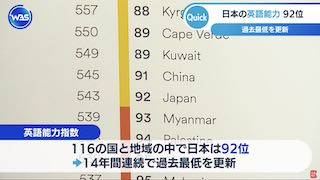Sep 14 (NHK) - Japanese government officials are working on a plan to make the market for solar electricity more competitive. They say they will auction off a greater number of contracts for solar projects in a bid to push down prices.
Japanese utilities are required by law to buy solar electricity generated by businesses and households. They currently pay some of the highest prices in the world.
In a bid to lower those prices, the government introduced an auction system.
It forces businesses to put in the lowest possible bid for the right to build big solar power stations with outputs of over 2,000 kilowatts per hour.
Industry ministry officials say they will expand the so-called "reverse auctions" to include smaller projects.
The aim is to push down prices for solar electricity provided by businesses from about 16 cents to 8 cents for a kilowatt per hour. They hope to do that by 2022 at the earliest.
The officials expect that by 2025, the price of solar electricity from households will fall from 23 cents to 10.















